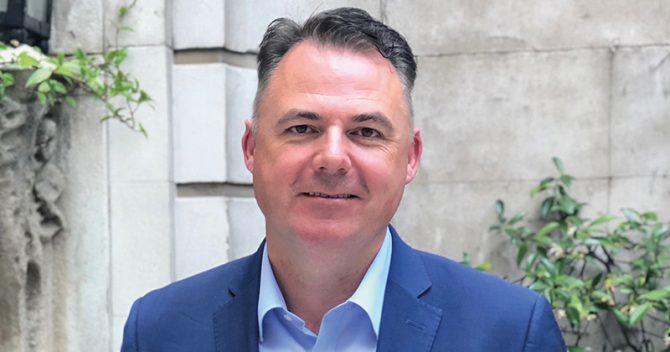The Institute for Apprenticeships and Technical Education has pushed back its £40 per learner charge for apprenticeship quality assurance to November and committed to reviewing the arrangement in the longer-term.
It follows sector criticism of the “unfair” charge, which outraged assessment organisations after they were originally told it would be implemented from September.
They had received no formal communication and only heard about it when the institute’s chief operating officer Robert Nitsch mentioned it during his speech at the Association of Employment and Learning Provider’s conference in June.
Time is needed over the summer to look at the whole future of external quality assurance
After raising concerns in a letter to the institute’s chief executive Sir Gerry Berragan earlier this month, the boss of the Federation of Awarding Bodies, Tom Bewick, has today received a response.
“We appreciate that end-point assessment organisations (EPAO) will need time to adapt to the introduction of this charge and in some cases to discuss it with employers,” Berragan’s letter, seen by FE Week, said.
“As such, we have reviewed our roll-out plan and determined that we will now implement charging from 1 November 2019; we will also provide three-months’ notice of any changes in the future.
“We will be taking the opportunity of the time this now gives us to strengthen our communications with external quality assurance (EQA) organisations and also employers; we will be writing to all EPAOs in the next few days.”
A spokesperson for the institute confirmed to FE Week that despite opposition from FAB and AELP, the charge will apply retrospectively to apprentices already on programme, not just new starters.
Berragan’s letter said in the “longer-term”, funding arrangements will be “considered within our on-going discussions with Ofqual and Office for Students regarding opportunities for simplifying and optimising EQA”.
And working with the ESFA, the institute will “also continue to assess the suitability of all aspects of the charging arrangements within the apprenticeship system”.
Bewick wants EQA of apprenticeships to be treated as a “national infrastructure cost”.
He told FE Week that end-point assessment organisations will be “delighted that the institute has been pushed back into a re-think”.
“As Sir Gerry’s letter acknowledges, time is needed over the summer to look at the whole future of external quality assurance, and the federation will keep pushing for a more streamlined version of EQA linked to a mandatory and single compliance framework,” he said.
“We believe discussions need to continue between the institute and Ofqual as they look to combine remits and resources into something that does not result in a fragmented market for something as fundamental as securing public confidence in England’s reformed apprenticeship system.”

Approved EQA bodies monitor end-point assessment organisations (EPAOs), to ensure the process is “fair, consistent and robust”.
The EQAs are allowed to apply a charge as long as it is on a “cost-recovery basis”. FE Week revealed the “ridiculous variability” in these charges in February, which were criticised by sector leaders for ranging from a free service to £179 per apprentice.
The IfATE has offered this service for free to date, but has always said it would eventually start applying a charge.
Many across the FE sector have long called for Ofqual to be the sole provider of EQA. The exams regulator currently does EQA for 65 apprenticeship standards and offers the service for free.
The whole EQA and EPA system will be a big area to tackle for new IfATE boss Jennifer Coupland, who will become its chief executive in November when Berragan completes his two-year tenure.









IfATE pushed so hard to EQA EPA’s even though Ofqual, as a regulator suited to this service, deliver it for free….. This is another punchline in a frankly tragi-hilarious Governmental/Civil Service comedy routine….
I do not see the problem with the charge. Awarding bodies charge training providers for learner registration, certification and EQA. Now that the awarding body is acting as an assessment organisation – they need to go through EQA themselves – why should they not pay for this service?
I get your point. But since other EQA providers (who also happen to be regulators) do not charge for this service, where is the parity?
Again, that is no different to awarding organisations setting their own and different accreditation fees, EQA costs etc.